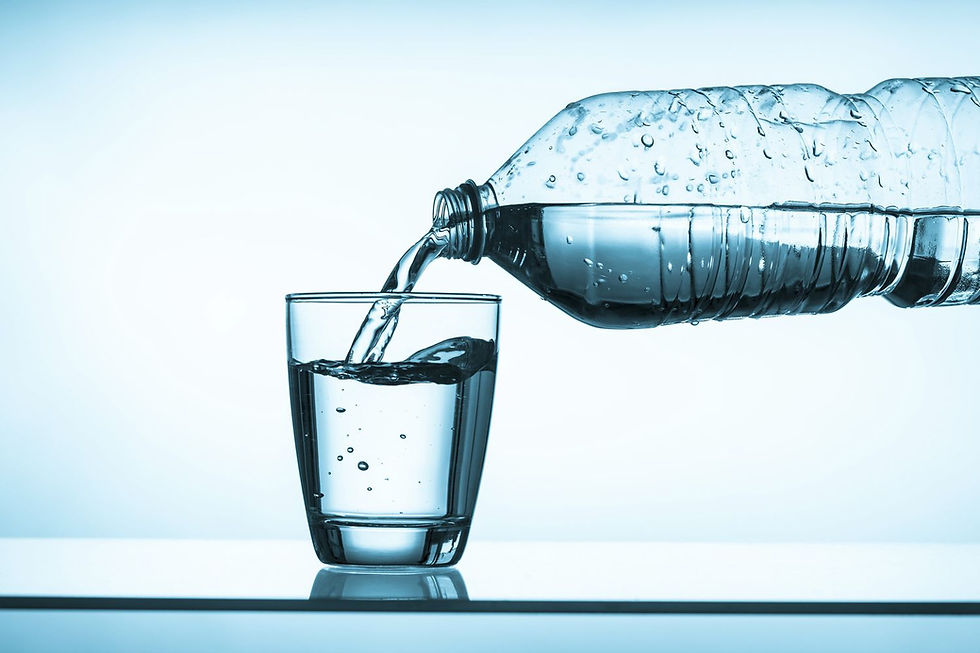Title: Cold Water vs. Room Temperature Water: Which is Better for Exercise?
- Coach Shahri

- Oct 20, 2023
- 2 min read

Introduction
Staying properly hydrated is essential for optimal performance during exercise. While water is a common choice for hydration, the temperature of the water you drink can impact your overall comfort and performance. In this blog, we will explore the differences between drinking cold water and room temperature water during exercise and help you decide which option might be best for you.
Cold Water: The Benefits
Cooling Effect: Cold water can provide immediate relief during intense workouts, especially in hot and humid conditions. It helps lower your core body temperature and reduces the risk of overheating, which can lead to heat-related illnesses like heat exhaustion or heatstroke.
Faster Hydration: Some people find that cold water is more refreshing and easier to drink in large quantities. This can encourage you to drink more and stay better hydrated, which is crucial for endurance athletes.
Reduced Perception of Effort: Cold water can create a sensation of increased freshness and alertness, potentially making exercise feel more comfortable and less strenuous. This perception of reduced effort can be advantageous for motivation during long workouts.
Room Temperature Water: The Benefits
Faster Absorption: Room temperature water is absorbed by your body more quickly than very cold water. This can be advantageous during intense exercise, as it helps maintain proper hydration levels.
Gentle on the Digestive System: Extremely cold water may cause some people to experience stomach cramps or discomfort during exercise. Room temperature water is gentler on your digestive system and less likely to cause such issues.
Less Shock to the System: Cold water can sometimes shock your body, especially if you are already hot and sweaty from your workout. Room temperature water, on the other hand, feels less extreme and may be easier to tolerate.
What to Choose: Cold or Room Temperature Water?
The choice between cold and room temperature water ultimately comes down to personal preference and the specific conditions of your workout. Here are some factors to consider:
Temperature and Conditions: In hot and humid environments, cold water can be a lifesaver. However, if you're working out in cooler weather or an air-conditioned gym, room temperature water may be more comfortable.
Hydration Goals: If you need to drink large quantities of water to stay adequately hydrated, cold water might be more appealing. On the other hand, if you prefer sipping smaller amounts more frequently, room temperature water could be your preference.
Individual Sensitivity: Some individuals are more sensitive to cold water and may experience digestive discomfort when drinking it. Others may find the cooling effect of cold water invigorating.
Listen to Your Body: The most important thing is to listen to your body. Pay attention to your comfort, thirst, and how your body reacts to the water temperature. Experiment with both cold and room temperature water during different workouts to see what works best for you.
Conclusion
The debate between cold water and room temperature water during exercise comes down to personal preference and the conditions of your workout. Both options have their advantages, and you can choose the one that makes you feel most comfortable and keeps you adequately hydrated. Ultimately, the key is to stay hydrated, as proper hydration is vital for peak exercise performance and overall well-being.




Comments